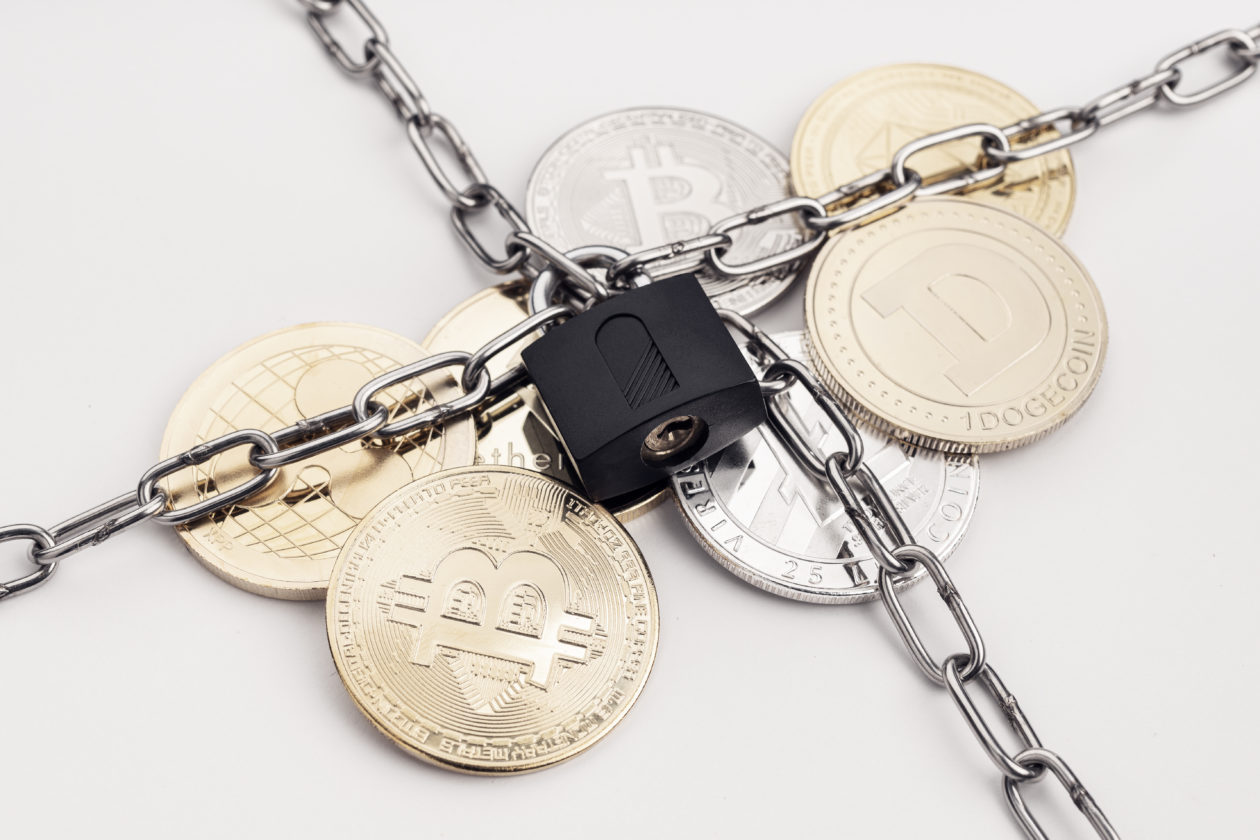Several of South Korea’s largest crypto exchanges have allegedly joined the increasing list of global sanctions against Russian President Vladimir Putin’s regime by barring the country’s IP addresses.
Gopax, one of the major exchange platforms in South Korea, was the first to publicly reveal Thursday that it was blocking IP addresses from the country and fully freezing 20 accounts.
Gopax just signed a banking agreement with a local institution under its true name, indicating that it may soon resume crypto-to-fiat trade.
Gopax declared that it was acting “in compliance with” the US Department of the Treasury and the European Union’s sanctions.
Snub From SoKor’s Top Crypto Exchanges
Upbit, South Korea’s largest cryptocurrency exchange in terms of transaction volume, has also declared that it will begin refusing withdrawal requests from Russian IP addresses.
Binance, Coinbase, and Kraken have all stated that they will not make such a move on their own, stating it would be an “ethical” infraction.
Additionally, the three biggest cryptocurrency exchanges declared that they will adhere to existing regulations prohibiting flagged persons from accessing financial resources.
Related Article | Should Crypto Exchanges Ban Russian Users? Kraken CEO’s Opinion
Total crypto market cap at $1.723 trillion in the daily chart | Source: TradingView.com
Kraken Chief Executive Officer Jesse Powell stated that bitcoin is the “embodiment of libertarian ideas,” adding that his company cannot freeze Russian clients’ accounts in the absence of a legal mandate.
Powell also believed that a sizable portion of those users would be opposed to Putin’s invasion of Ukraine.
They have stated, however, that they will adhere to sanctions that force them to restrict Russia-based users if legally needed.
Shutting Off The Russians
Additionally, Bithumb, Coinone, Upbit, and Korbit declared that they will impose limitations on Russian addresses, citing their ease of use for criminal operations such as money laundering.
“We have suspended subscriptions from customers in countries with a high risk of money laundering, in accordance with Financial Action Task Force principles,” Upbit disclosed in a statement.
As this situation has developed, American legislators have been debating methods to prevent Russians from accessing crypto — with proposals to ban the trading of coins purchased with rubles already being floated.
These South Korean exchanges are the country’s only ones licensed to conduct cash-to-crypto trades. However, no Russians in South Korea are now allowed to cash out their crypto holdings because of these sanctions.
Normal Levels
Meanwhile, crypto trade volumes utilizing the Ukrainian hryvnia (UAH) as the fiat currency have returned to roughly normal levels, despite the fact that banking restrictions in Ukraine have made fiat transactions increasingly problematic in the region.
However, crypto trading involving the Russian ruble (RUB) on the cryptocurrency exchange Binance were well above their regular levels this week.
Related Article | EU Monitor Crypto Exchanges To Ensure Russian Sanctions Implementation
Featured image from Forkast, chart from TradingView.com










